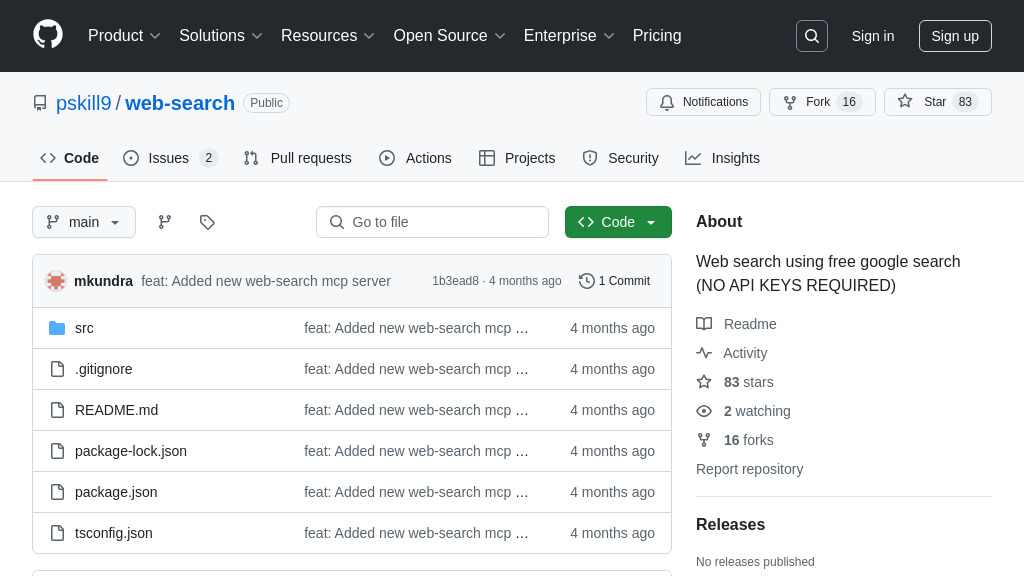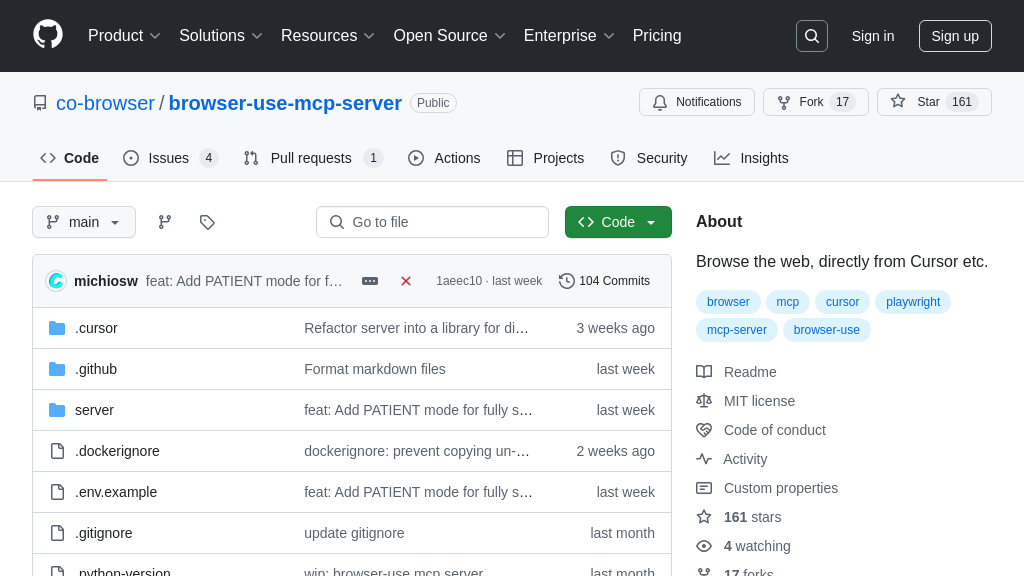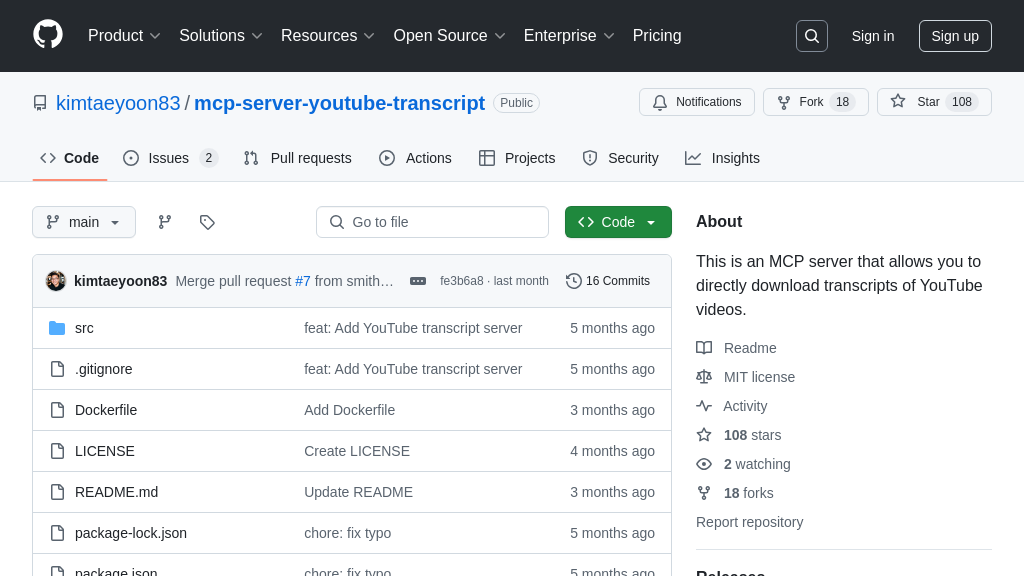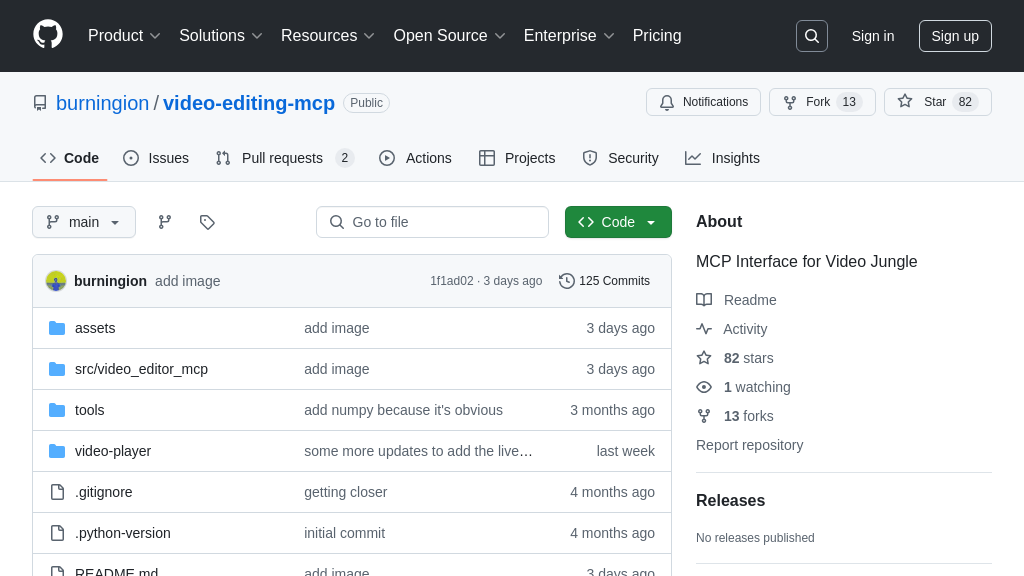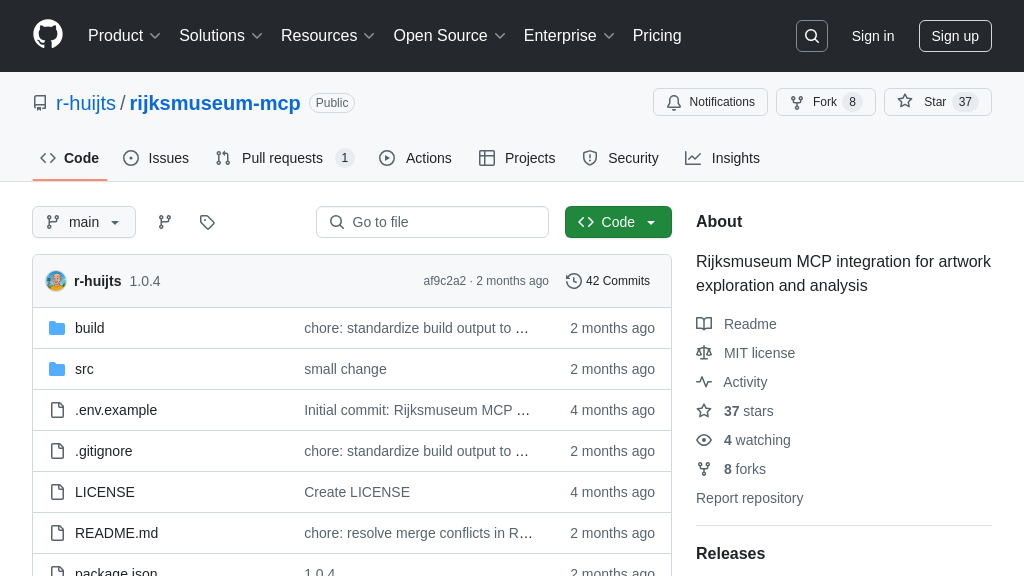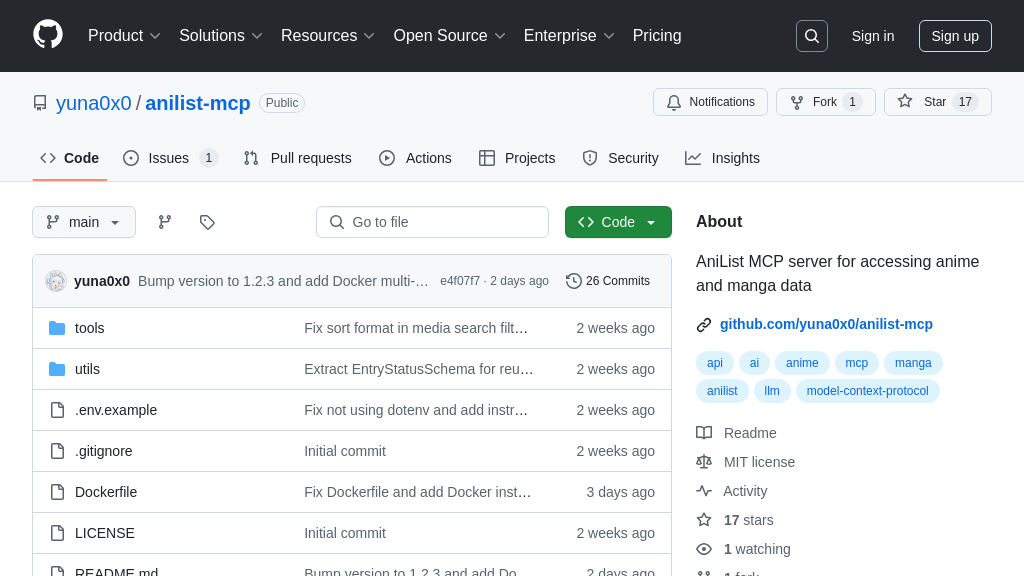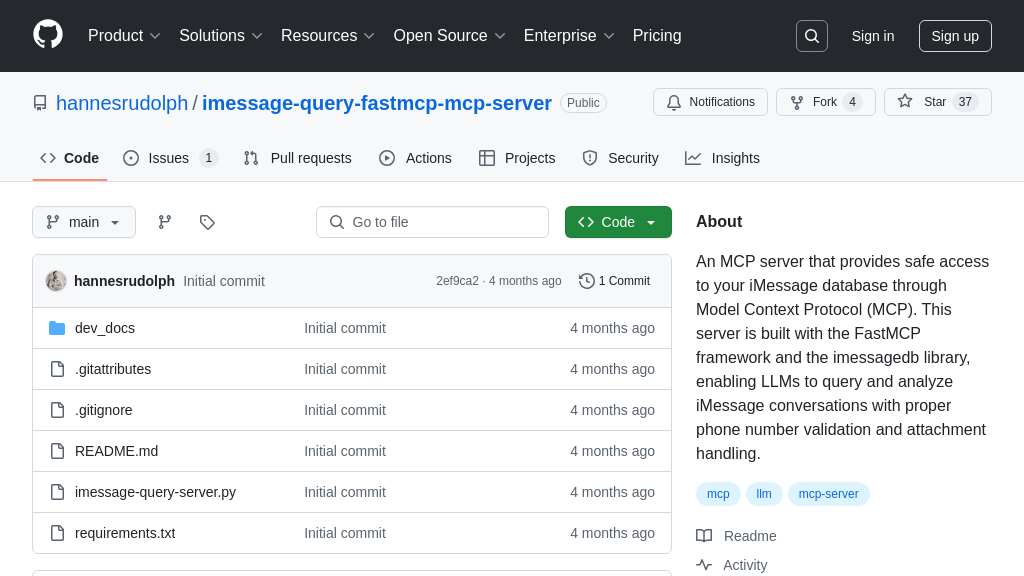mcp-webresearch
mcp-webresearch: Real-time web research for AI models like Claude. Integrates search, content extraction, and session tracking.
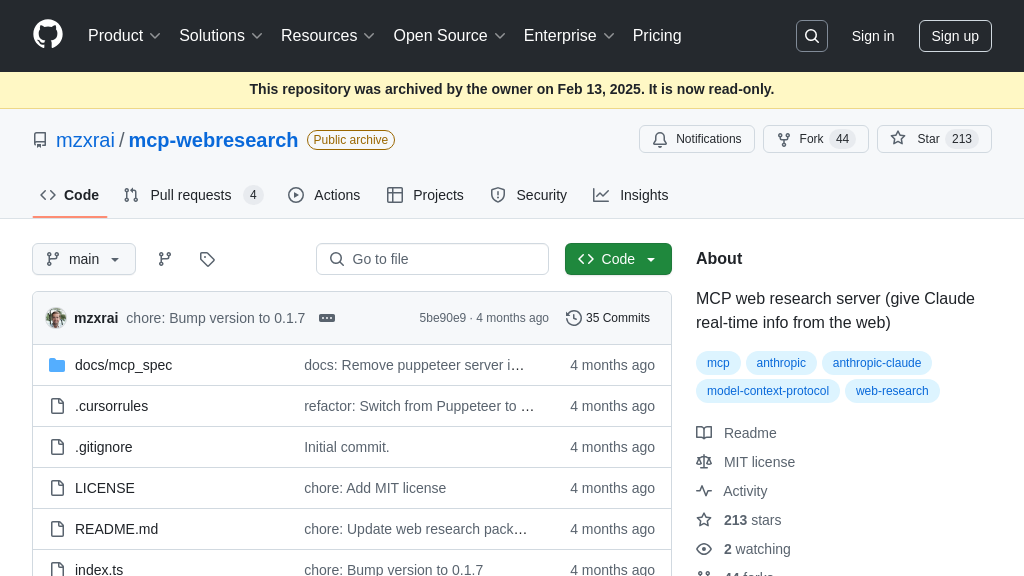
mcp-webresearch Solution Overview
The mcp-webresearch server is a Model Context Protocol (MCP) solution designed to bring real-time web research capabilities to AI models like Claude. It empowers models to easily research diverse topics by integrating Google Search and webpage content extraction. Key features include the search_google tool for executing searches, and the visit_page tool for extracting content from URLs, even capturing screenshots when needed.
This server maintains a research session, tracking queries, visited pages, and extracted content, providing a comprehensive context for the AI model. By integrating mcp-webresearch, developers enable AI models to access and utilize up-to-date information, enhancing their ability to provide informed and accurate responses. The server seamlessly integrates with Claude Desktop via a simple configuration update, allowing for immediate use with prompts like agentic-research to guide the model through in-depth web investigations. This enhances the AI's research process, ensuring high-quality source prioritization and iterative refinement of research direction.
mcp-webresearch Key Capabilities
Real-time Web Information Access
The mcp-webresearch server empowers AI models like Claude with the ability to access and process real-time information from the web. It achieves this by integrating Google Search and webpage content extraction functionalities. When a user poses a query requiring up-to-date information, the server can perform a Google search, extract relevant results, and then visit specific webpages to gather more detailed content. This dynamic information retrieval process allows the AI model to provide informed and contextually relevant responses, overcoming the limitations of static knowledge datasets. For example, if a user asks about the current weather in a specific city, the server can fetch the latest weather report from a reliable source and provide the AI model with the necessary information to answer accurately. This feature relies on the search_google and visit_page tools.
Guided Agentic Web Research
This feature provides a structured approach to web research, enabling the AI model to conduct thorough investigations on complex topics. The agentic-research prompt guides the AI to start with broad searches, prioritize high-quality sources, iteratively refine the research direction, and always cite sources with URLs. This ensures that the AI model not only gathers information but also evaluates its credibility and presents it in a transparent and verifiable manner. For instance, when researching the impact of climate change on coastal communities, the AI model can use this feature to identify reputable scientific reports, analyze relevant data, and provide a comprehensive overview of the topic, complete with citations to the original sources. This is facilitated by the agentic-research prompt and the server's ability to track the research session.
Visual Context via Screenshots
The mcp-webresearch server includes the ability to capture screenshots of webpages, providing the AI model with visual context alongside textual information. This is particularly useful when the layout or visual elements of a webpage are crucial to understanding its content. The screenshots are saved as MCP resources, making them easily accessible to the AI model and the user. For example, if a user asks about the design of a particular website, the server can capture a screenshot of the homepage and provide it to the AI model, allowing it to describe the visual elements and layout of the site. This feature utilizes the take_screenshot tool and the MCP resource management system.
Research Session Tracking
The server maintains a detailed research session, logging search queries, visited pages, extracted content, screenshots, and timestamps. This comprehensive record allows users to review the steps taken during the research process, verify the sources of information, and understand the context in which the AI model arrived at its conclusions. This transparency is crucial for building trust in the AI's responses and ensuring accountability. For example, if a user is unsure about the source of a particular piece of information, they can review the research session to trace it back to the original webpage or search query. This feature is implemented through internal data structures and logging mechanisms within the server.

